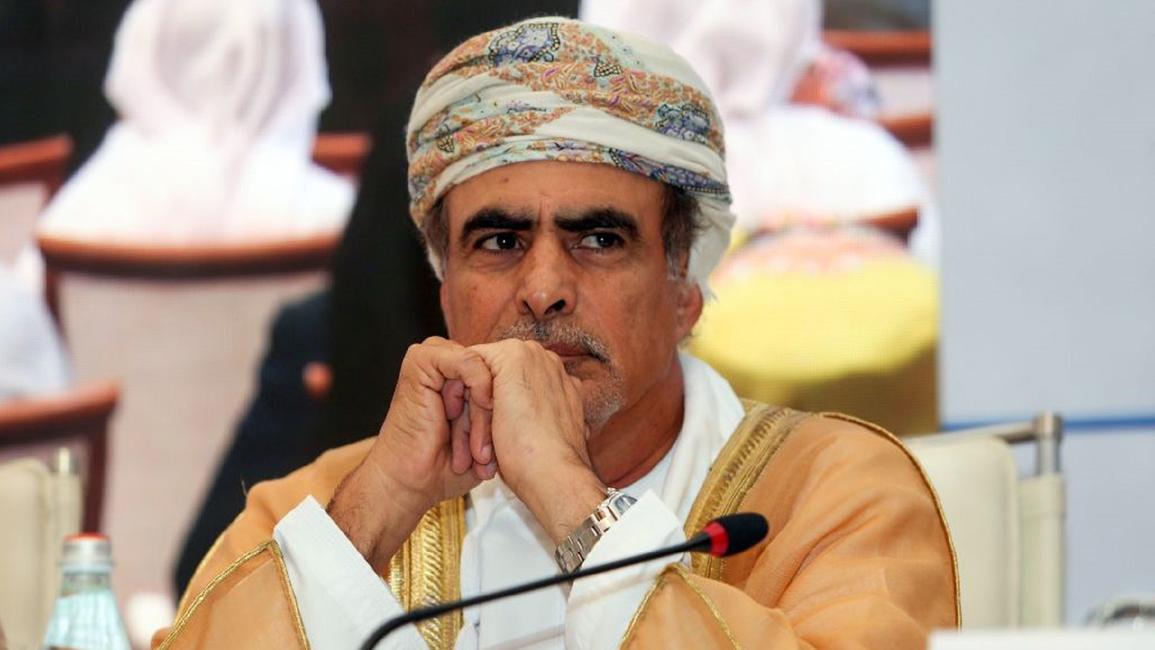Oman urges Iran talks in efforts to stay neutral amid Gulf tensions
“Oman has always maintained that, yes, we are always neutral as neutrality suits us and suits the way we manage the differences,” Mohammed bin Hamad al-Rumhy told an oil conference in the United Arab Emirates.
On Sunday, the United Arab Emirates urged Iran to come to the negotiating table with world powers and Gulf countries in a bid to de-escalate regional tensions and revive its economy.
UAE Minister of State for Foreign Affairs Anwar Gargash on Sunday warned against increasing tensions and urged for dialogue between conflicting parties.
“Further escalation at this point serves no one and we strongly believe that there is room for collective diplomacy to succeed,” UAE Minister of State for Foreign Affairs Anwar Gargash said in a speech in Abu Dhabi.
He warned against a “false choice” between war and the “flawed” atomic deal.
“I believe there could be a path to a deal with Iran that all parties might soon be ready to embark on. It will be long, and patience and courage will be required,” Gargash said.
The comments came after Kuwait confirmed earlier this month that it had relayed messages from Iran to Saudi Arabia and Bahrain following tensions in the Gulf region.
Oman’s assertion comes after Iran’s announcement on Saturday that it began enriching the country’s production of uranium to five percent, in violation of previous accords signed with the US that were scrapped by President Donald Trump.
This step away from international cooperation could signify further polarisation between Iran and its enemies in the region and internationally, namely the United States and Saudi Arabia.
Twitter Post
|
Iran’s current five percent level exceeds the limit set by the accord but is less than the 20 percent it had previously operated and far less than the 90 percent level required for a nuclear warhead.
In its fourth step away from the agreement, Iran resumed enrichment at the Fordow plant south of Tehran on Thursday, with engineers feeding uranium hexafluoride gas (UF6) into the plant's mothballed enrichment centrifuges.
Tehran emphasises the measures it has taken are swiftly reversible if the remaining parties to the deal - Britain, China, France, Germany and Russia - find a way to get around US sanctions.
Meanwhile, Iran has also located a new oil field containing an estimated 22 billion barrels of crude, President Hassan Rouhani said on Sunday, a discovery that if accurate, increases Iran's proven reserves by over a third.
The find would add around 34 percent to the OPEC member's current proven reserves, estimated by energy giant BP at 155.6 billion barrels of crude oil.
But it has faced a major obstacle in selling its oil since US President Donald Trump withdrew from a landmark 2015 nuclear deal and reimposed unilateral sanctions on Iran, and threatens to punish other countries that buy Iranian oil.
Follow us on Twitter and Instagram to stay connected!



